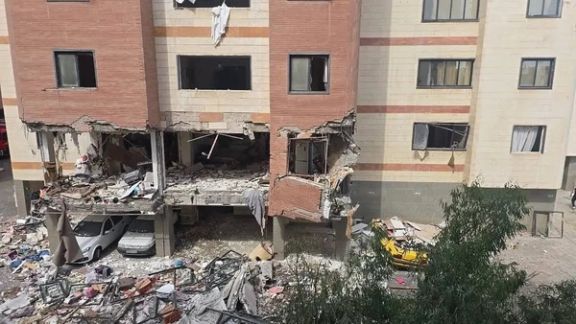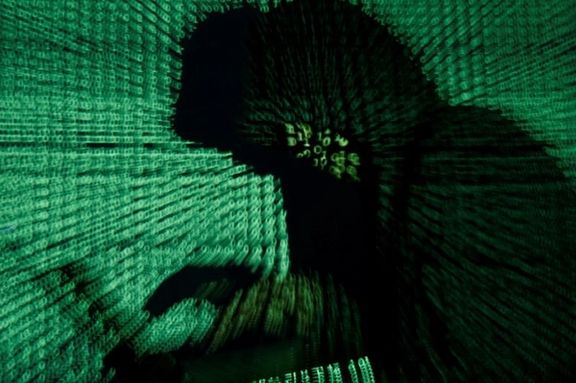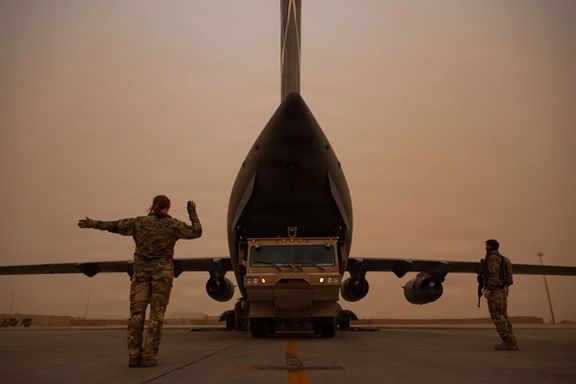“We saw that 120 to 150 rocket launchers exploded the moment they were activated, and Iran’s entire air defense system was hacked,” Saeed Leilaz told Eqtesad Online in an interview published Tuesday.
The assertion was a rare detailed account of specific military and intelligence failures in Iran's heavily controlled media.
A former US intelligence officer told Iran International that figures disclosed publicly are often understated, suggesting the level of Israeli penetration and infiltration could be even deeper.
“When someone says it's between 120 and 150, that's huge — but the real number could be significantly higher,” said Michael Pregent, an independent analyst.
Leilaz criticized Iran’s unpreparedness for what he described as a multi-layered surprise attack by Israel, saying the breach exposed deep and widespread security failures.
"I no longer trust any military or security personnel — whether from the Revolutionary Guards, the Ministry of Intelligence, or the army — unless proven otherwise,” he said.
“From a security standpoint, it can easily be said that the Islamic Republic of Iran was brought to its knees,” Leilaz added.
During the war, Israel killed several senior commanders of Iran’s Islamic Revolutionary Guard Corps (IRGC), including Armed Forces Chief of Staff Mohammad Bagheri, IRGC Commander Hossein Salami, IRGC Aerospace Force Commander Amir Ali Hajizadeh, and IRGC Deputy for Operations Mehdi Rabbani.
Asked whether Iran could recover its air defense system following the widespread hacking Leilaz described, Pregent was doubtful.
“The systems they’re using are Russian. Israel already knows how to hack them and conduct cyberattacks to infiltrate, manipulate data and disable defense assets,” he said.
“If Iran is trying to replenish its air defense systems and return to its previous capacity, it’s basically reinstalling the same system — one that Israel can take down again.”
Israeli airstrikes and drone attacks during the 12-day war killed hundreds of Iranians including civilians, military personnel and nuclear scientists. Iran's retaliatory missile strikes killed 27 Israeli civilians.
According to an Iranian government spokesperson, 1,062 Iranians were killed during the conflict, including 786 military personnel and 276 civilians.
Leilaz also criticized the Islamic Republic’s approach to possible negotiations with the United States, urging the government to first negotiate with its own people.
“During the 12-day war, despite being disillusioned with the ruling system, the Iranian people quietly rose up to defend the country’s territorial integrity. That means there is still room for reconciliation between the Iranian people and the Islamic Republic,” Leilaz said.
The White House said on Monday that the Trump administration remains open to talks with Tehran, as Iran prepares to meet with European allies for a new round of nuclear negotiations on Friday.














